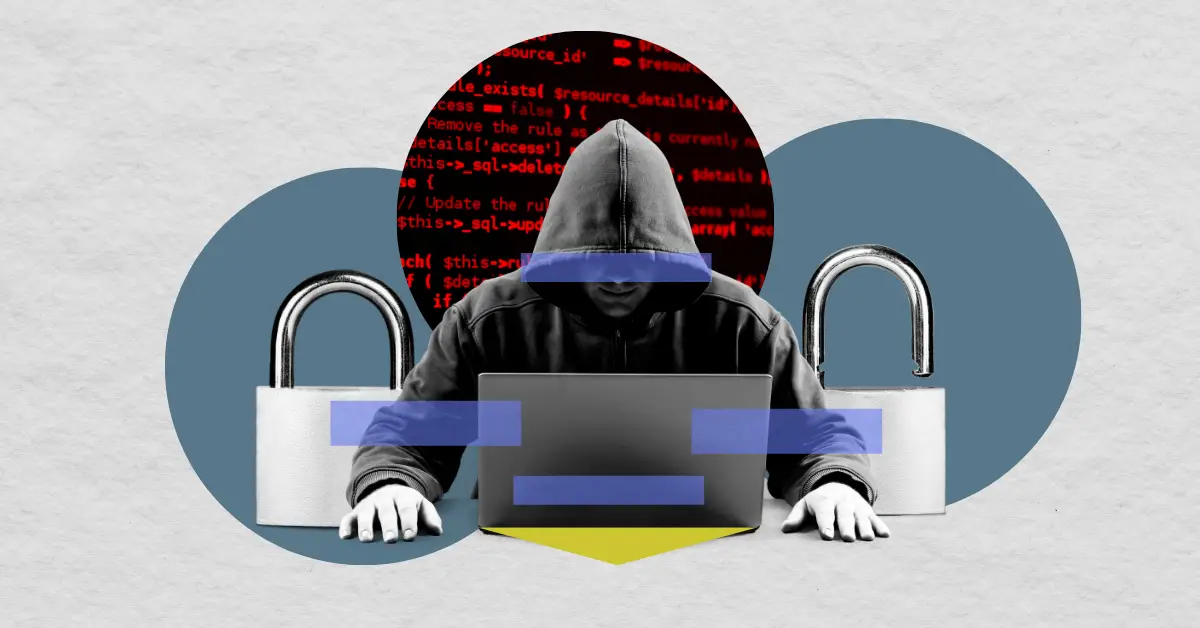
The United States Department of Justice (DOJ) has just made a massive announcement.
In a big step toward fighting cybercrime, Evgenii Ptitsyn, a 42-year-old Russian hacker, has been extradited from South Korea to the United States. He’s facing serious charges tied to the Phobos ransomware, which has targeted over 1,000 organizations worldwide. From hospitals to government agencies, Ptitsyn’s malware has caused widespread damage.
What makes this case even more chilling? The clever ways hackers like him are infiltrating systems and demanding ransoms that put businesses at risk. You don’t want to miss this. Read on!
Phobos ransomware operates as a Ransomware-as-a-Service (RaaS) tool, which affiliates use to target critical sectors like healthcare, education, and government. Once a victim’s system is infected, the malware locks the data and demands a ransom payment. If the payment isn’t made, the attackers threaten to expose sensitive files, increasing pressure on victims to comply.
How Was the Case Solved?
The DOJ claims that from 2021 to 2024, affiliates used wallets connected to Ptitsyn to funnel ransom payments in Bitcoin. Law enforcement followed these transactions to a unique wallet owned by Ptitsyn. Investigators also revealed how Phobos infiltrates systems, primarily through phishing campaigns and brute-force attacks on Remote Desktop Protocol (RDP), showing how cybercriminals use various methods to breach systems.
Ptitsyn faces 13 charges, including wire fraud, computer fraud, and extortion. Each charge carries a potential prison sentence of up to 20 years. The extradition followed a global effort involving South Korea, Japan, and several European countries.
As cyber threats grow more sophisticated, the global community must stand united in its resolve to protect the most vulnerable corners of the internet.
The cryptocurrency market recorded more than $669 million in net liquidations on Wednesday, July 23,…
In a recent interview, Sal Gilbertie, CEO of Teucrium Trading, opened up about his firm’s…
Jim Cramer revealed he intends to “own” Bitcoin and Ethereum to protect his children’s financial…
The US Securities and Exchange Commission (SEC) recently made headlines by granting approval for Bitwise’s…
Square has launched Square Handy, a compact and durable mobile POS terminal designed for Japan’s…
New U.S. stablecoin legislation is driving a significant increase in stablecoin issuance from banks, asset…